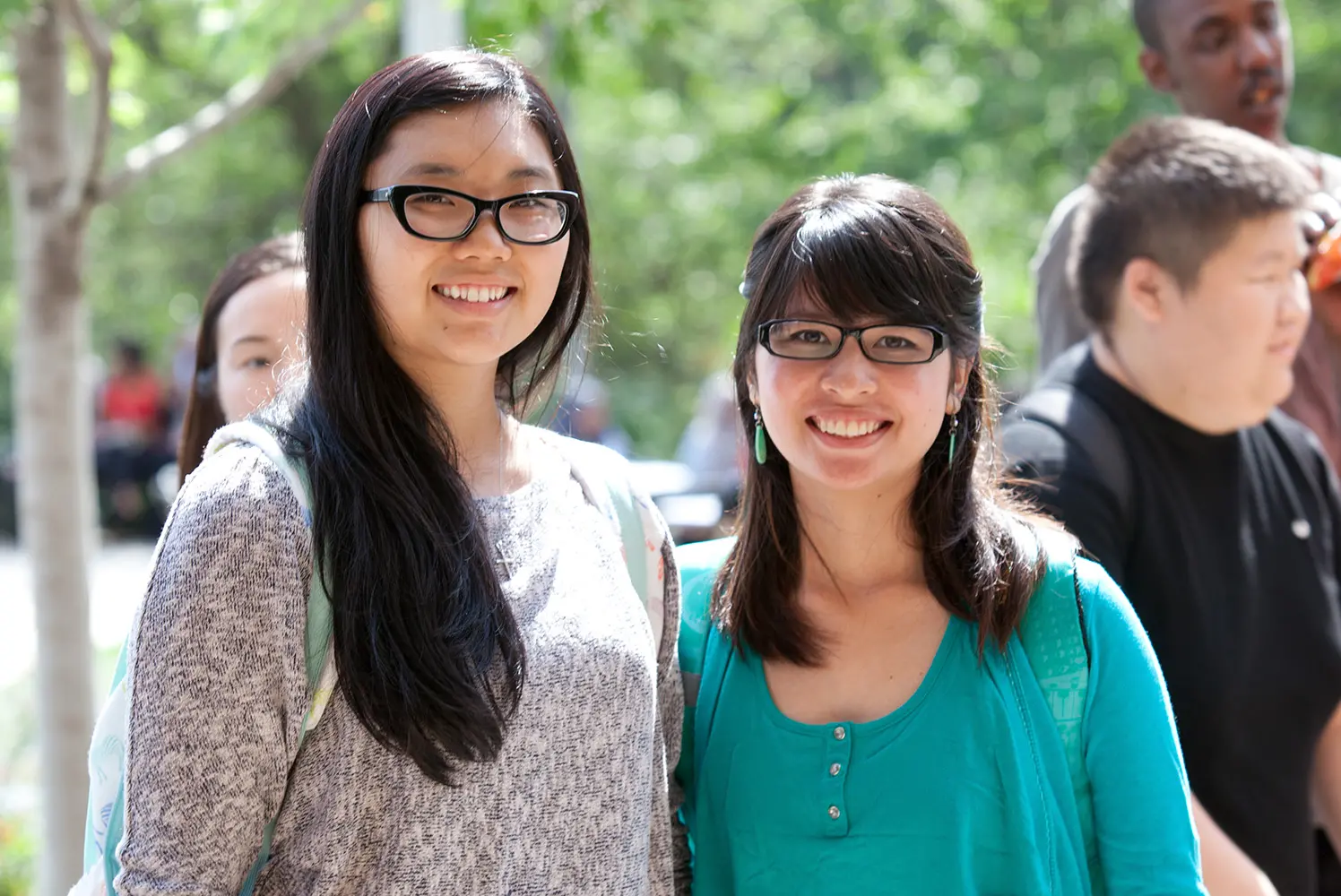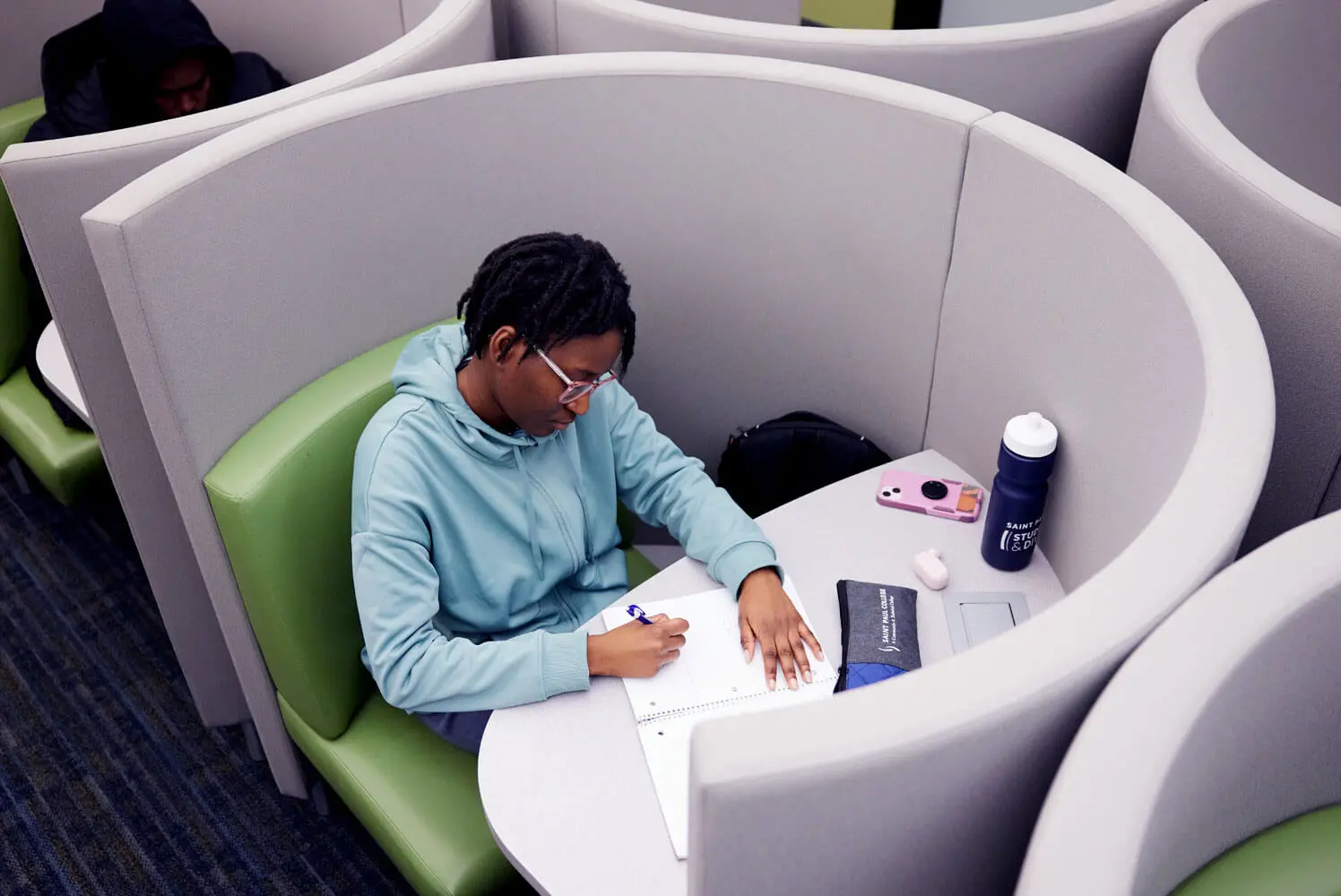Small class sizes
Class sizes are limited to 24 students. Students recieve individual attention from highly experienced faculty
Advanced instrumentation and facilities
Students recieve hands on training and experience on advanced instrumentation commonly used in industry.
Perform research
Make industry connections when you complete a capstone research project with an industry mentor.
Network
Grow your network when you work with industry mentor and present work at conferences.
Scholarship Program
Scholarship program with faculty mentoring available only to science majors.



